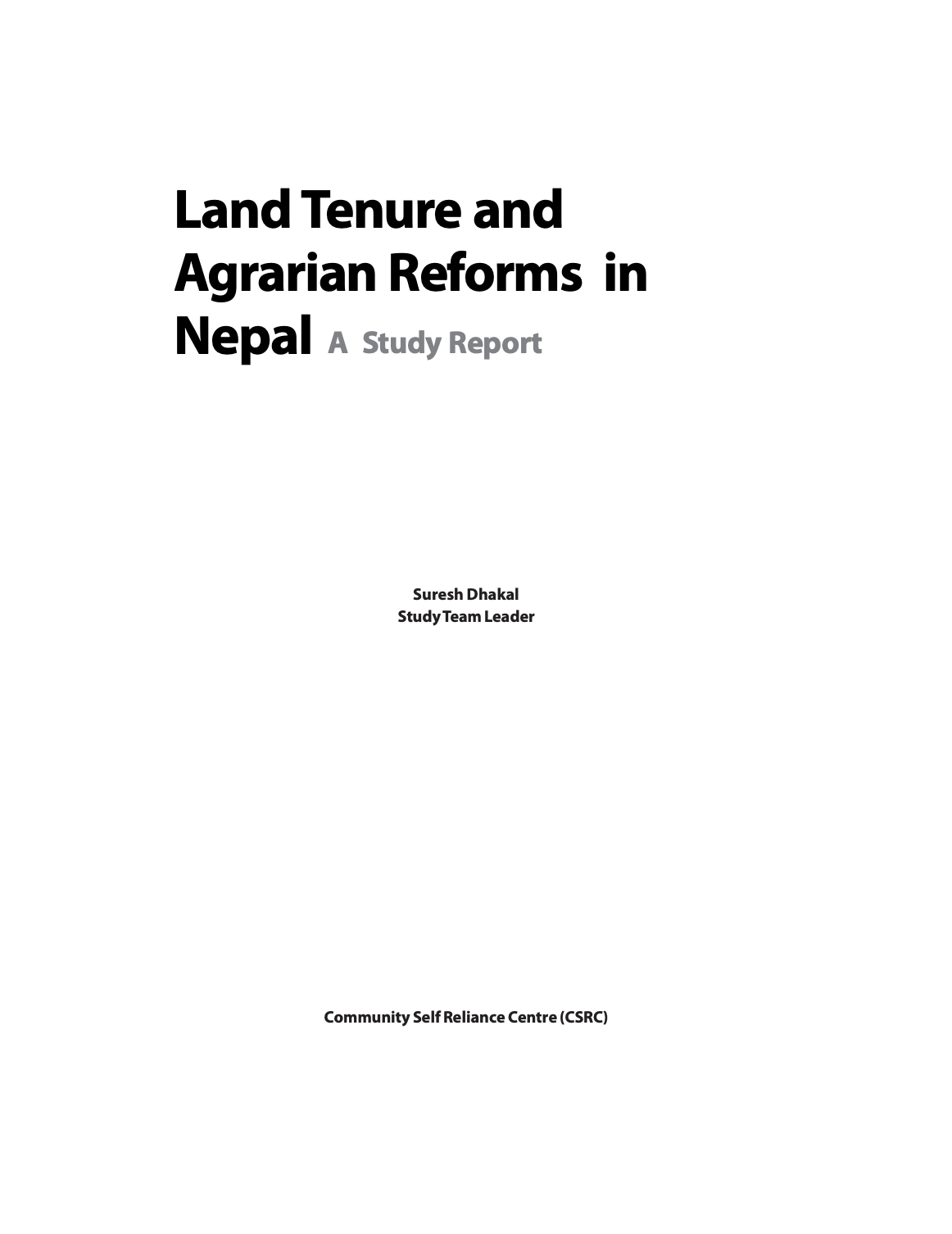What drives the global land rush?
Recent increases in the level of agricultural commodity prices and the resulting demand for land has been accompanied by a rising interest in acquiring agricultural land by investors. This paper studies the determinants of foreign land acquisition for large-scale agriculture.




